Why Does My Dog Eat Dirt? Causes, Risks, and Solutions
Helping your canine stop soil-sampling through practical care and enriched daily routines.
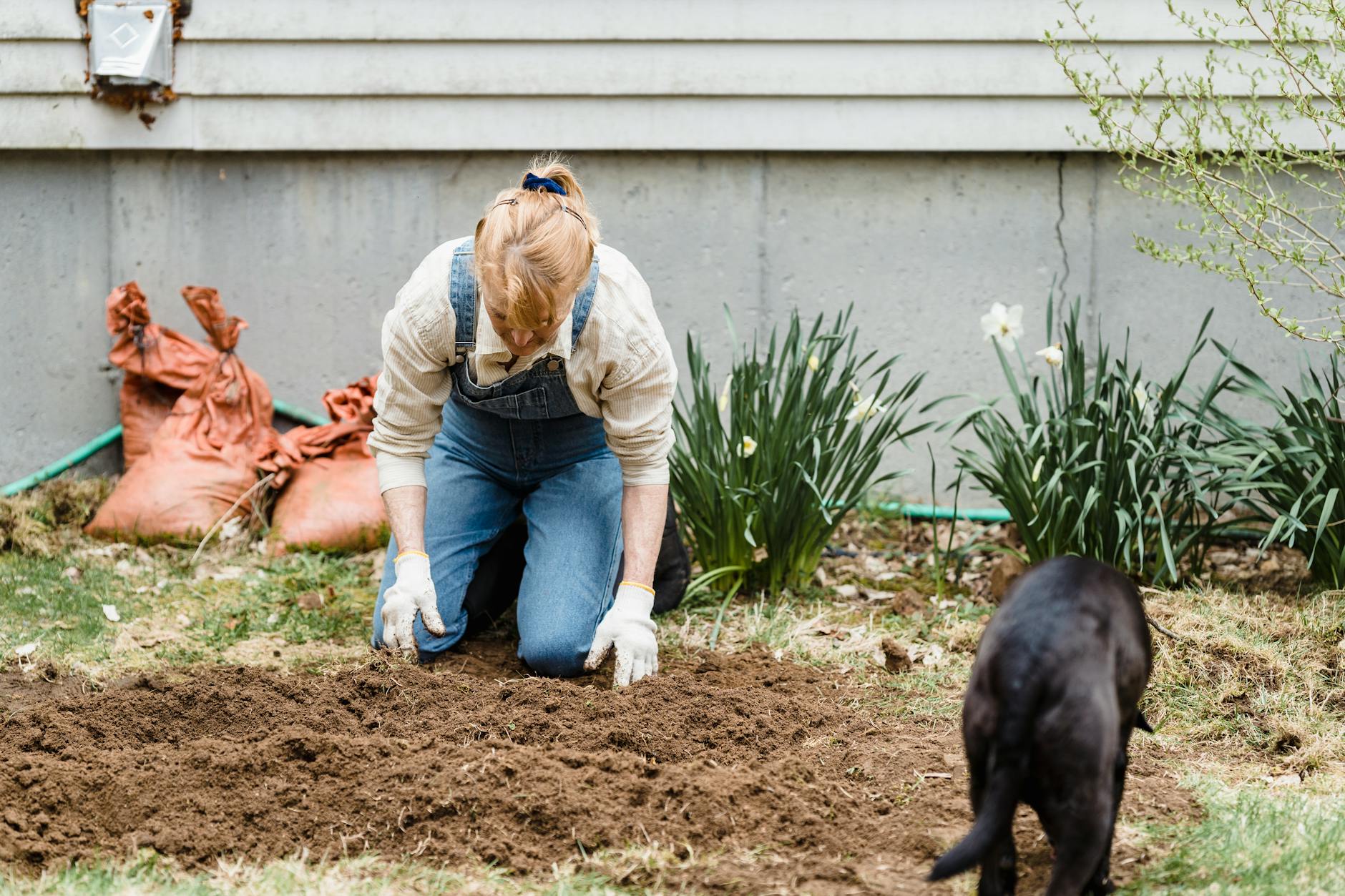
Why Does My Dog Eat Dirt?
Many dog owners witness their pets munching on dirt, snuffling soil, or even making a meal out of mud. At first, this habit may seem odd or even alarming. Is your dog simply satisfying curiosity, or is this behavior a sign of something more serious? This comprehensive guide unpacks the reasons behind why dogs eat dirt, explores the possible health implications, and outlines steps owners should take if their canine companion develops this perplexing habit.
Understanding the Behavior: Is Eating Dirt Normal for Dogs?
Dogs interact with the world through their noses and mouths. Chewing, licking, and even eating non-food objects is a natural extension of their inquisitive nature. However, persistent or compulsive consumption of non-food material like dirt goes beyond simple exploration and falls under a condition known as pica—an eating disorder where animals (and sometimes people) crave and ingest substances that are not typically considered food.
When a dog repeatedly eats dirt, specifically, the behavior is referred to as geophagia. While an occasional taste might not be cause for concern, ongoing and frequent soil consumption could signal an underlying issue that warrants attention.
Common Reasons Why Dogs Eat Dirt
There is no single explanation for why dogs eat dirt. The causes can range from curiosity and boredom to nutritional deficiencies and serious medical concerns. Here are the most common reasons:
1. Nutritional Deficiency
One of the key drivers of dirt eating in dogs is dietary imbalance. If a dog’s food lacks certain minerals and nutrients, such as iron, calcium, or sodium, dogs may instinctively seek these elements elsewhere—like in the soil. In other cases, underfed dogs may eat dirt to quell hunger pangs and extract any available nutrition from the earth.
- Some commercial dog foods may not fully align with a dog’s stage of life, activity level, or specific health requirements.
- Consulting a veterinarian about high-quality, balanced diets is often recommended.
2. Behavioral Reasons: Boredom or Anxiety
Dogs are intelligent, social animals who need regular mental and physical stimulation. Inadequate exercise, lack of enrichment, or even just too much alone time can lead to boredom, anxiety, or stress. Some dogs will turn to eating dirt (and other non-food objects) as a way to occupy themselves or self-soothe.
- Common behavioral triggers include lack of exercise, separation anxiety, changes in routine, or moving to a new environment.
- Dogs left unsupervised in the yard often dig or eat dirt to alleviate boredom.
3. Stomach Upset or Digestive Problems
Some dogs may eat dirt as a way to relieve nausea or digestive discomfort. Certain types of soil contain clay and minerals that can be soothing for an upset stomach. The dirt might also act as a mild abrasive, helping to clean the digestive tract or promote movement through the GI tract.
- If your dog is eating dirt and showing signs of vomiting, diarrhea, lack of appetite, or other GI symptoms, consult your veterinarian.
- While some instinctual dirt eating may temporarily help, persistent gastrointestinal issues require medical evaluation.
4. Medical Conditions
There are various medical issues that can manifest as pica or geophagia, including:
- Anemia (iron deficiency)
- Gastrointestinal disease
- Inflammatory bowel disease
- Liver or pancreatic disorders
- Parasites
Because these disorders may not always have obvious outward signs, it’s important to seek veterinary input if your dog develops a sudden or chronic habit of eating dirt.
5. Attracted to Smells or Tastes in the Soil
Sometimes, the dirt itself isn’t the main attraction. Yards, parks, or forest trails often contain hidden food particles, traces of grease, or decomposing organic matter, all of which can entice a dog’s super-sensitive nose. If your dog fixates on a particular patch of ground, there may be something especially tasty buried there.
- Scents from spilled food, animal droppings, decaying leaves, or even fertilizers can act as a powerful lure.
- Dogs may also dig and eat dirt in search of insects, worms, or small critters hidden beneath the surface.
Is Eating Dirt Dangerous for Dogs?
Occasional, small amounts of dirt rarely cause harm. But habitual or excessive consumption exposes dogs to a variety of potential health risks:
- Parasites: Soil is teeming with bacteria, parasites, and worms (such as roundworms or hookworms), which can infect your dog and lead to serious illness.
- Pesticides & Chemicals: Modern yards and parks may contain residues from fertilizers, pesticides, or herbicides, many of which are toxic if ingested.
- Gastrointestinal Obstruction: Large pieces of gravel, rocks, or hard-packed dirt can cause choking or create blockages in your dog’s intestines, sometimes requiring surgical intervention.
- Dental Damage: Chewing on tiny stones or hard dirt can break teeth or damage gums.
- Toxic Substances: Some plants, fungi, or mold found in soil are poisonous to dogs.
If you observe any of the following symptoms after your dog eats dirt, seek veterinary attention right away:
- Repeated vomiting or diarrhea
- Lethargy or weakness
- Abdominal pain or bloating
- Lack of appetite
- Blood in stool or vomit
- Coughing or signs of choking
What Should You Do If Your Dog Eats Dirt?
If your dog’s dirt-eating behavior is infrequent and not accompanied by other symptoms, keep a close eye on them and discourage the behavior when possible. However, when the habit becomes regular, excessive, or is joined by signs of illness, you need to take action.
1. Supervise and Prevent Access
- Monitor your dog whenever they’re outside, particularly in areas where you know they like to dig or eat dirt.
- Block off tempting garden beds, mulched areas, or patches where chemical treatment might have occurred.
- Clean up any food scraps, animal droppings, or other tempting substances that could be buried in the soil.
2. Evaluate and Improve Their Diet
- Feed your dog a complete and balanced commercial diet appropriate for their age, size, and health needs.
- Consult your veterinarian if you suspect a nutritional deficiency or want advice on supplements.
- Resist the urge to add minerals or supplements on your own, as over-supplementation can create new problems.
3. Increase Enrichment and Activity
- Provide regular exercise and mental stimulation, such as walks, interactive toys, puzzle feeders, and structured play time.
- Dogs who are busy and engaged are less likely to seek out dirt as entertainment.
4. Address Underlying Medical Concerns
- Book a vet check-up if your dog’s dirt-eating is new, intensive, or accompanied by digestive upset or unexplained changes (weight loss, lethargy, pale gums, etc.).
- Your vet may recommend bloodwork, fecal tests, or other diagnostics to rule out anemia, parasites, and digestive diseases.
5. Behavioral Training and Management
- Use positive reinforcement to reward your dog for ignoring dirt or responding to cues like “leave it.”
- Correct the behavior early, but never punish. If behavioral issues like anxiety or compulsion are at play, consider consulting an animal behaviorist.
Table: Common Causes of Dirt Eating in Dogs
| Cause | Description | Action |
|---|---|---|
| Nutritional Deficiency | Lack of minerals or nutrients (iron, calcium, sodium) in diet | Switch to higher-quality diet; consult veterinarian |
| Boredom/Anxiety | Lack of stimulation, excess alone time, stress | Increase exercise and engagement |
| Stomach Upset | Attempt to relieve GI distress or discomfort | See vet for persistent GI issues |
| Medical Conditions | Anemia, GI disease, parasites, etc. | Veterinary diagnosis and treatment |
| Attractive Smells/Tastes | Hidden food, garbage, or animal remains in soil | Remove temptations; monitor outdoor areas |
Frequently Asked Questions (FAQs)
Is it normal for puppies to eat dirt?
It’s not uncommon to see puppies eating dirt as part of their natural curiosity. Puppies investigate their environment with their mouths, which sometimes leads to sampling soil, sticks, and other non-food objects. However, if dirt eating is frequent or excessive, or if the puppy shows signs of digestive upset, consult a veterinarian.
Can eating dirt make my dog sick?
Yes, eating dirt can expose your dog to harmful parasites, bacteria, chemicals, and indigestible objects. These may cause gastrointestinal problems, poisoning, or even life-threatening blockages. Persistent dirt eating should be addressed with your veterinarian.
What should I do if my dog ate a large amount of dirt?
If your dog has consumed a large quantity of dirt, monitor for signs of distress, including vomiting, diarrhea, lethargy, appetite loss, or abdominal pain. If you see these symptoms or suspect poisoning/blockage, contact your vet immediately.
How can I stop my dog from eating dirt?
Prevent access to dirt-prone areas, supervise outdoor play, provide enrichment, ensure a balanced diet, and address any possible medical concerns with your veterinarian. Consistency and positive reinforcement are key in changing behavior.
Is dirt eating a sign my dog is lacking minerals?
Sometimes. Dogs with mineral deficiencies may look to dirt for missing nutrients. However, dirt eating can also have behavioral or medical causes. A veterinary evaluation is often necessary to determine the true underlying reason.
Key Takeaways for Dog Owners
- Occasional dirt eating is usually not harmful, but frequent or compulsive behavior should be assessed.
- Monitor your dog for signs of illness, especially after consuming dirt.
- Work with your veterinarian to identify and address possible nutrition deficits or medical conditions.
- Provide plenty of mental and physical stimulation to deter boredom-based dirt eating.
- Supervise outdoor time and remove temptations from your yard.
With understanding and proper care, you can help your dog kick the dirt-eating habit and enjoy a happier, healthier life by your side.
References
- https://thenaturaldogstore.com/blogs/health/why-do-dogs-eat-dirt
- https://www.purina.com/articles/dog/health/symptoms/why-do-dogs-eat-dirt
- https://www.cronullavetclinic.com.au/why-is-my-dog-eating-dirt/
- https://groveanimalhospital.com/blog/why-do-dogs-eat-dirt/
- https://www.hillspet.com/dog-care/behavior-appearance/why-do-dogs-eat-dirt
Read full bio of Anjali Sayee



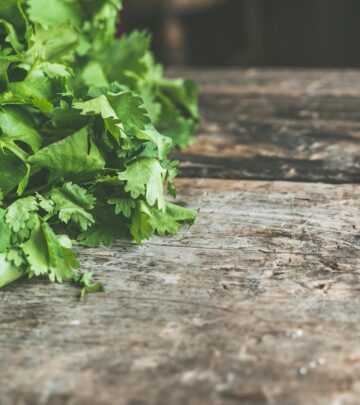
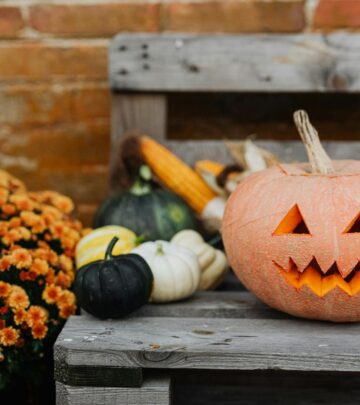
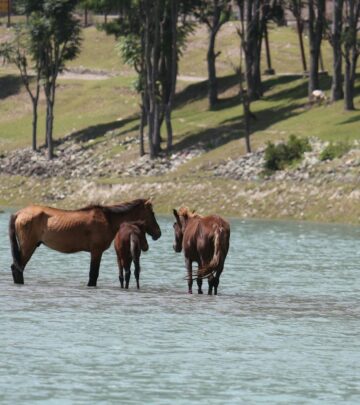
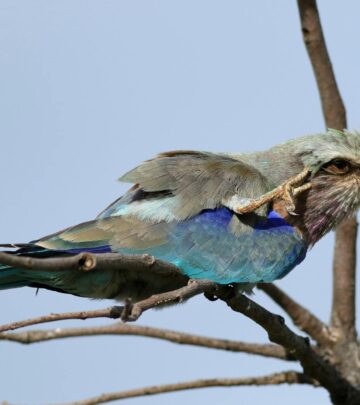
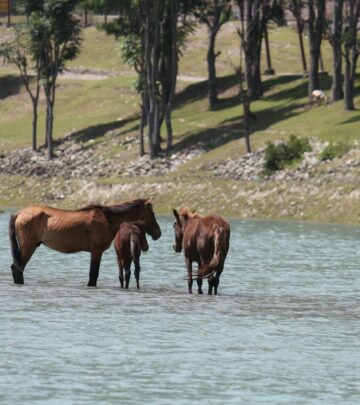




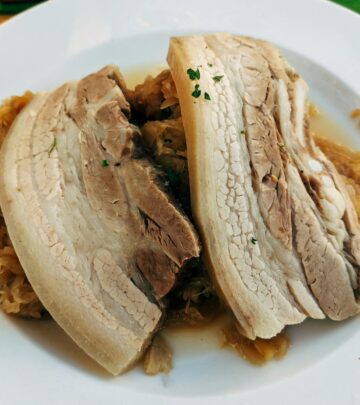



Community Experiences
Join the conversation and become a part of our empowering community! Share your stories, experiences, and insights to connect with other beauty, lifestyle, and health enthusiasts.